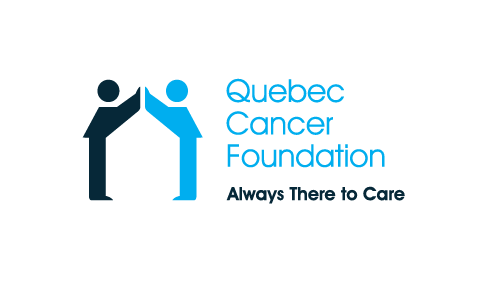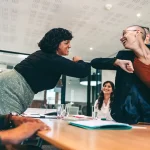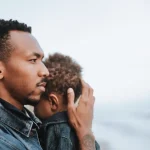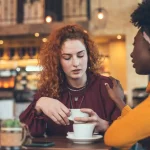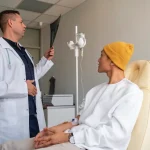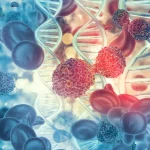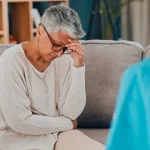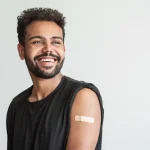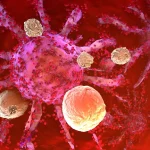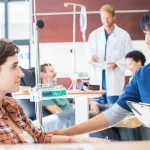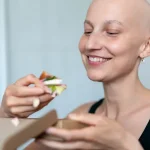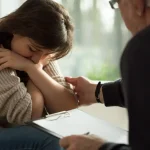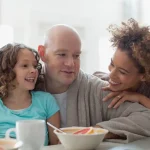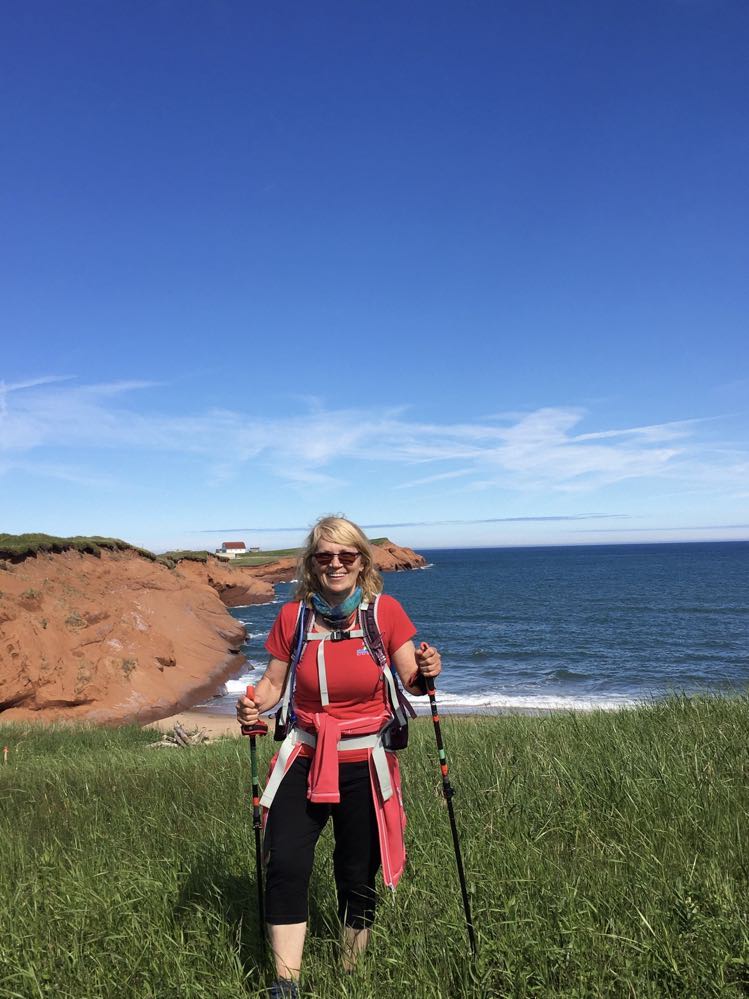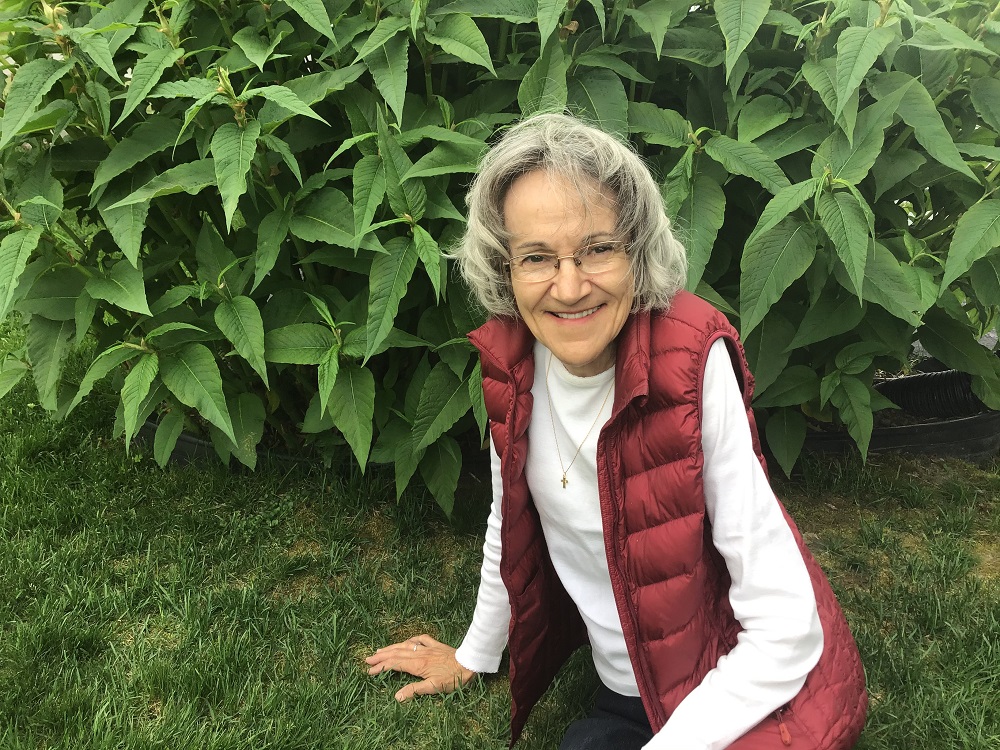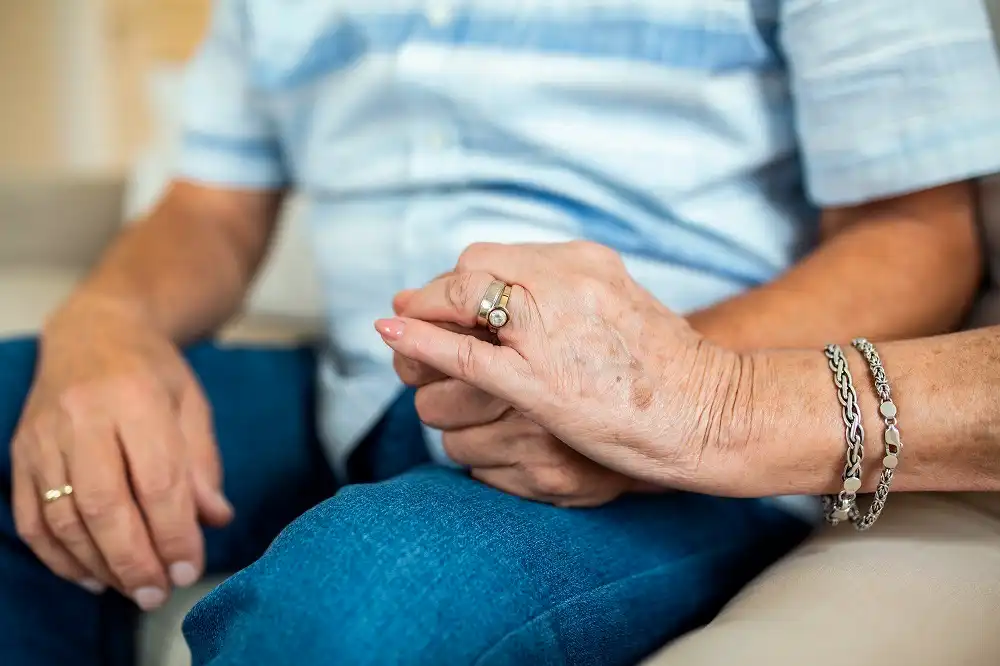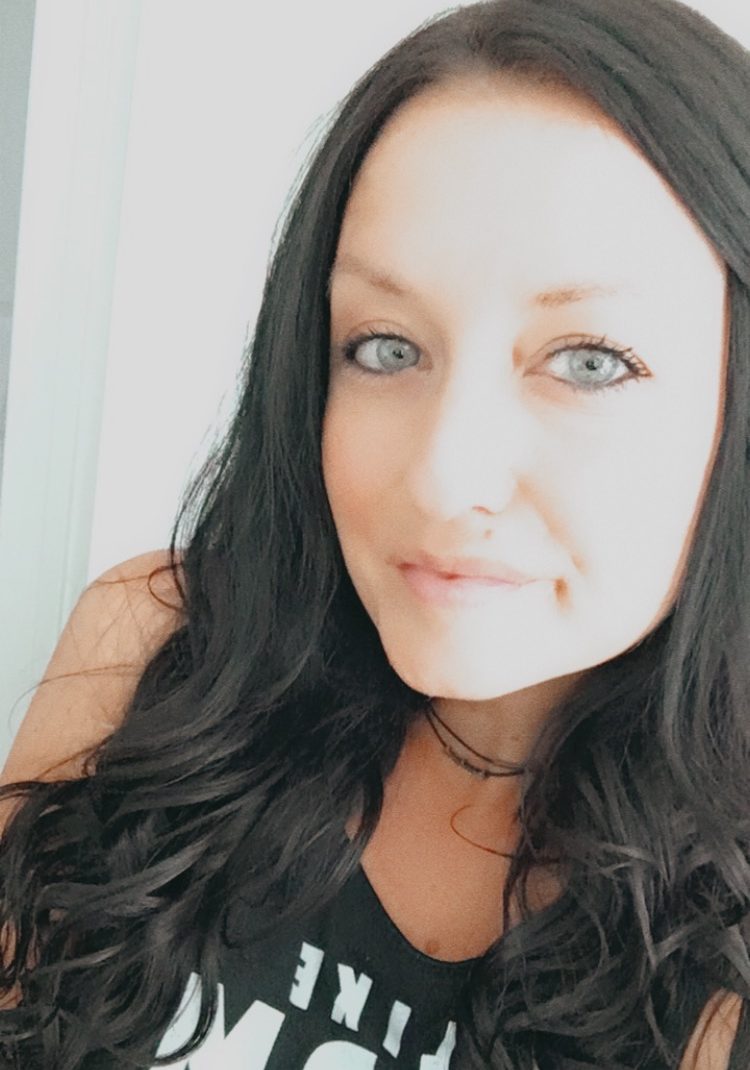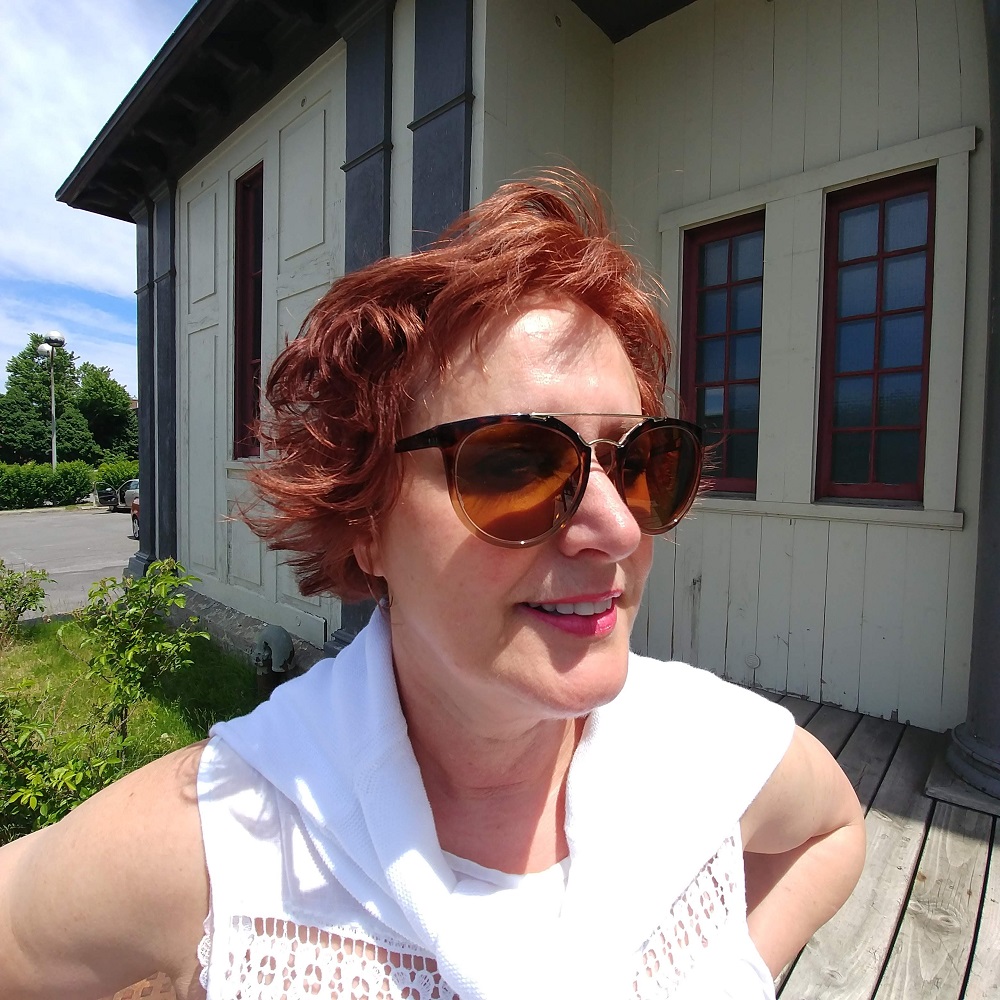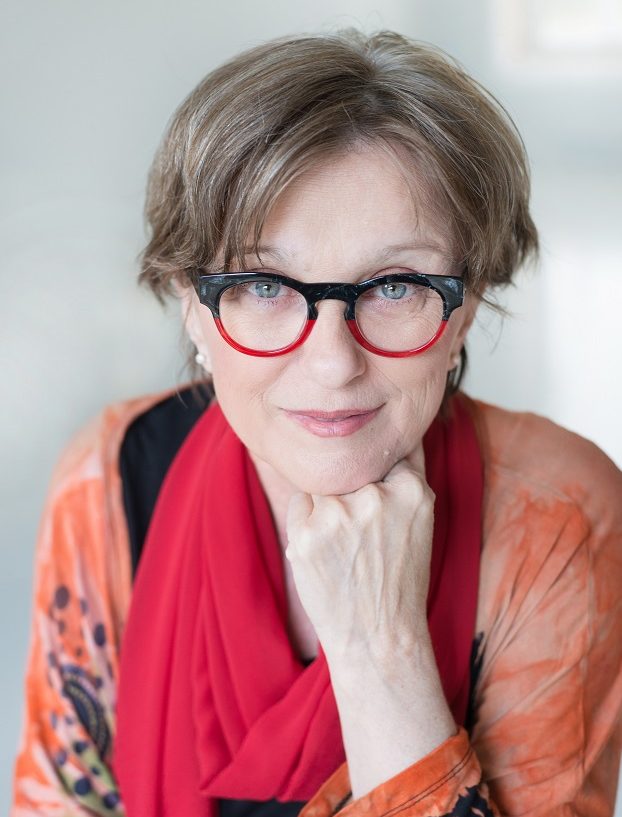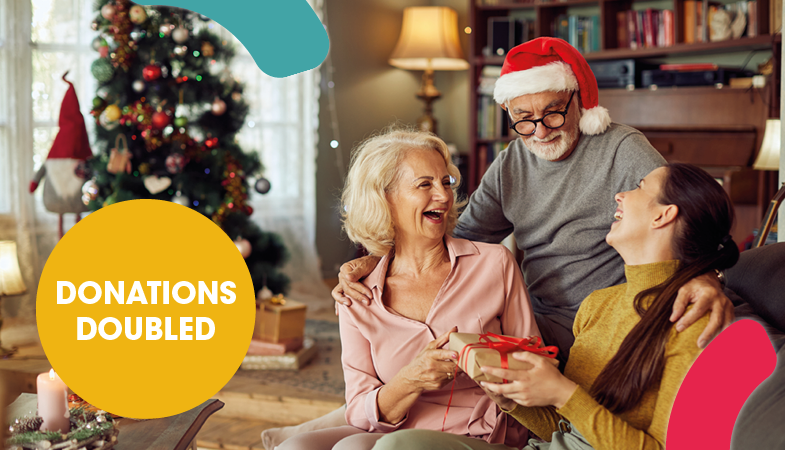I’m a father and the Mayor of Preissac. In 2015, I was diagnosed with lung cancer, and every three weeks I have to travel to Outaouais or Montreal to receive my treatments.
I learned of the Quebec Cancer Foundation through the Knights of Columbus. They consider it to be “one of the best foundations” for people with cancer.
At every moment, I have received impeccable service, both in the Gatineau and Montreal Lodges. Nowhere have I found anything to compare with the human contact I received there. Whether during a massage, a meal in the kitchen with volunteers or just passing through reception, I always found a sympathetic ear.
The Foundation’s Lodges offered me both the privacy of my own room and moments shared with other beneficiaries and professionals at the Foundation.
The Foundation also offers a host of activities that provide a precious respite from your illness: complementary therapies, games, books – they do everything to ensure you feel comfortable, supported and understood.
But what makes me happiest of all during my visits is to find myself in a place of sharing, with no taboos, without the feeling that I am bothering anyone. I had the opportunity to meet many people at different stages of the disease with whom I was able to share my experience. What came out of our discussions? Hope.
I have so many stories to tell about my visits to the Foundation.
When I arrived at the Gatineau Lodge at the beginning of my treatments, I was afraid of dying. But fortunately, my stay at the Foundation has taught me how to live with this fear.
In Montreal, in the CHUM shuttle – offered free of charge to the Lodge residents – I discovered some amazing people: the Foundation’s volunteers. They relate to you as human beings, as individuals, not as invalids. Their simplicity is comforting, especially in those anxious moments of examinations and treatments.
I also appreciated the flexibility of the staff, who allowed me to arrive a day early to avoid a snow storm, and the tuques knitted by volunteers and left free of charge for residents.
My time at the Foundation was crucial for me. In this life, truly compassionate people are in short supply. And throughout my various stays, I was helped by the kindness of the volunteers and employees at the Foundation. They truly helped alleviate my suffering.
If I could give one message to anyone with cancer, it would be: Don’t give up! You’re not alone.
